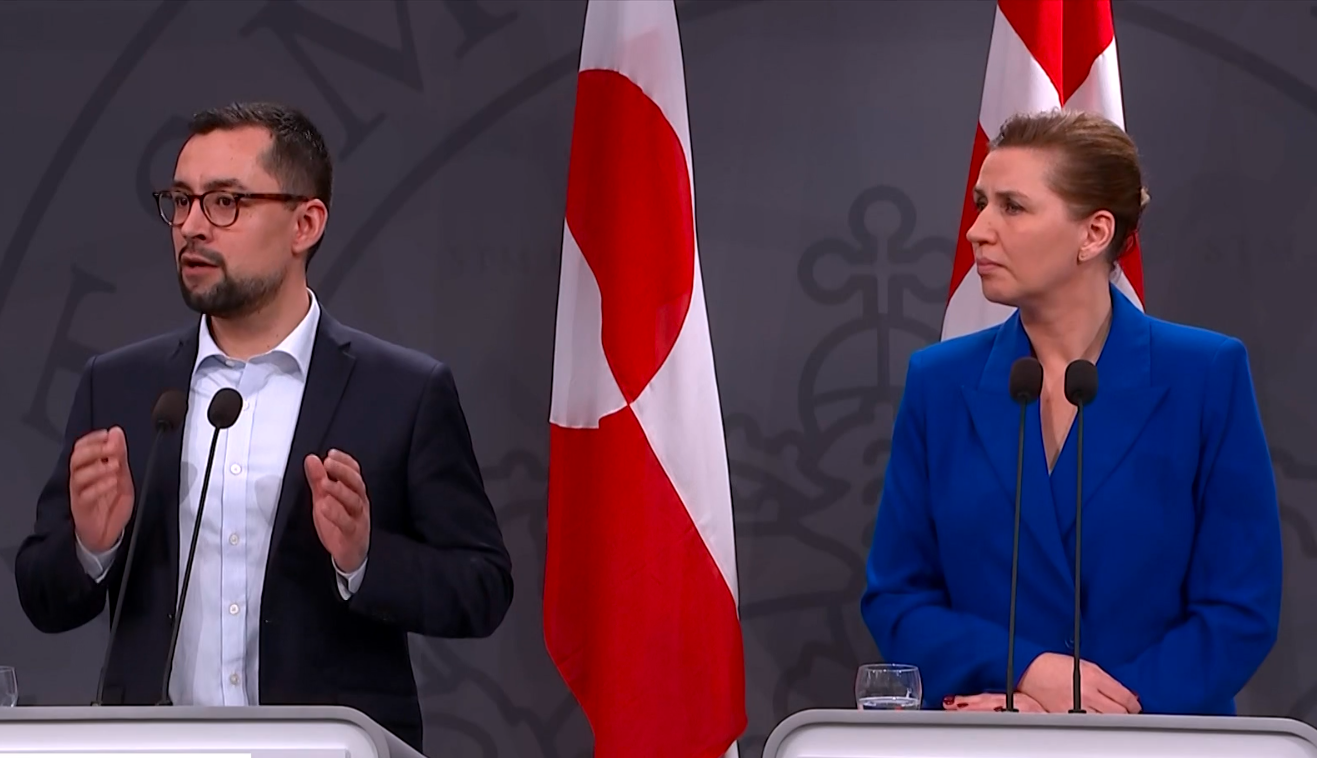Denmark’s involvement in the Iraq War is to be examined over the coming five years by an investigative committee, the government announced yesterday.
At a press conference, Morten Bødskov, the justice minister, said the Iraq Commission will have two main goals.
It will firstly investigate the justification for joining the war in 2003 that was given by the former Venstre and Konservative (VKO) coalition government and also examine whether they suppressed any information about Denmark’s involvement in the war to parliament.
The second goal is to investigate the treatment of prisoners held by Danish soldiers in both Iraq and Afghanistan after claims Danish forces illegally handed over prisoners that were subsequently tortured.
The three-person committee – made up of a lawyer, a law professor and chaired by a judge – will examine all relevant material and may call witnesses to testify.
Bødskov said that while the committee's intention was to determine the facts, the findings may result in negative consequences for some individuals.
“The government does not rule out that people will be held accountable. That is up to the commission,” Bødskov said.
The decision to follow the USA and the UK into Iraq split the Danish parliament, and was only approved a narrow margin in March 2003, with 61 votes in favour, 50 against and 68 abstentions. All three parties in the current government coalition – Socialistiske Folkeparti, Socialdemokraterne and Radikale Venstre (S-SF-R) – voted against participating in the war.
After beating the VKO government in September’s election, the formation of the commission was listed as a key goal in the S-SF-R common government platform.
“The government will set up a commission of inquiry to shed light on the background of the Danish decision to participate in the war in Iraq, as well as potential problems relating to Denmark’s observance of international conventions in connection with warfare in Iraq and Afghanistan,” they wrote.
The commission has been roundly criticised by the opposition – including Per Stig Møller from the Konservative, who served as foreign minister for a decade during the VKO government – who argue the motivations are politically motivated.
“It is a tactic to raise suspicion on political opponents and is completely foreign to the Danish political system,” Møller told Jyllands-Posten newspaper. “It’s a waste of time and tax payer’s money because there is nothing secret to discover.”
Søren Pind from opposition party Venstre said the commission is a petty attempt by the current government to throw mud at their political opponents.
“According to our constitution, we have the right to declare war even if it’s purely because we don’t like the colour of socks that people in another country wear,” Pind said, according to Jyllands-Posten. “They are not going to find that anyone broke the law.”
But far-left government support party Enhedslisten welcomed the commission as being long overdue.
“As far as we are concerned, it is important to shed light on the whole case and we are pleased that the murky truth behind the Danish involvement in the Iraq War will be revealed,” Frank Aaen said, according to Jyllands-Posten.
Both former PM Anders Fogh Rasmussen and former defence minister Søren Gade have said that they will participate in the commission, which is expected to cost anywhere between five and 12 million kroner a year.












